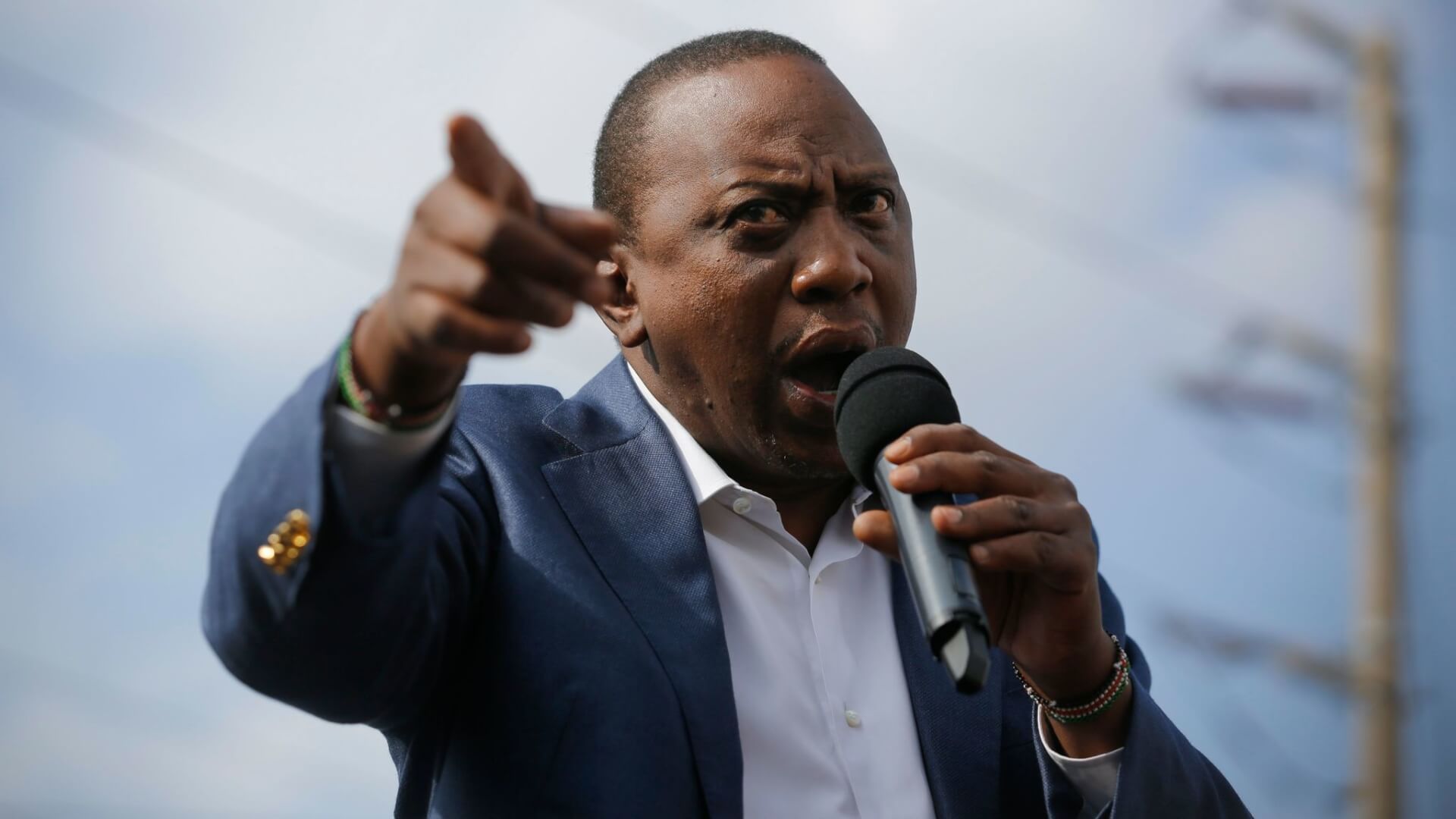East African states are still awaiting the conclusion of post-Brexit trade deal talks with the United Kingdom (UK), with various countries in the region disagreeing with the deadline of December 31, 2020 to wrap up discussions.
Under the current deal with the UK, the East African Community (EAC) members currently have duty-free and quota-free access to the UK market. However, this deal is set to expire at the end of the year, which has been set as the deadline day for the transition to a post-Brexit future.
Kenya, in particular, is highly concerned by the fact that this date is fast approaching, as it is classified as a lower-middle-income country, which means that, in the absence of a free trade agreement (FTA), its exports will be subject to taxes and other trade restrictions by the UK. Other countries in the Community, however, are categorized as Least Developed Countries (LDC), which affords them unrestricted access to the UK market, even without an FTA.
In line with this discrepancy, Kenya and Rwanda are seeking to sign separate bilateral deals with the Kingdom, with the possibility of other EAC members signing on later. In fact, Kenya’s Trade Permanent Secretary Johnson Weru mooted the possibility signing a deal with “variable geometry […] in the coming days”, wherein members of a regional trade bloc, like the EAC, can sign trade agreements “as individuals rather than as a group”. However, Uganda has already rejected this proposal.
Kenya is the EAC’s biggest trade partner with the UK, and exported $393 million worth of goods to the Kingdom last year and imported $349 million. In contrast, countries like Tanzania and Uganda have a much larger trade deficit and a much smaller level of engagement. For instance, Tanzania exported $60 million worth of goods to the UK in 2018 and imported $170 million. Meanwhile, Uganda exported just $10 million worth of goods and imported only $81 million.
The finalization of a deal was pushed further out of reach last week, when Tanzania, Burundi, and South Sudan did not attend negotiations between the EAC and UK. Given, that the parties had hoped to sign a draft agreement by the end of September, it is now unlikely that they will have enough time to thrash out the details of a prospective deal by the end of the year.
During the UK-Africa Summit in January 2020, the UK and Kenya discussed bridging the trade gap between the two countries by negotiating the export of more Kenyan textiles and mineral products, and through greater UK investment in Kenyan pharmaceutical and service industries.
Kenya has also been negotiating an FTA with the United States (US), with the latter seeking greater access to multiple sectors in the Kenyan economy. The US seeks a removal of tariffs on American agricultural products, and the opening up of Kenya’s maritime, textile, telecommunications, and financial services sectors to US investors.
The proposed new FTA would replace the Africa Growth and Opportunity Act (AGOA) agreement, which ensures duty-free entry into the US for a majority of African exports, including oil and agricultural goods, textiles, and handicrafts.
However, Kenyan and regional experts are concerned that this could ‘cripple’ the agriculture and manufacturing sectors. Local farmers will find it difficult to compete with heavily subsidized US agricultural products.
These concerns largely stem from the fact that Kenya is far more dependent on the US than vice-versa. This proposed accord would further reduce its already limited bargaining power. The US represents Kenya’s third-largest export destination, and annual trade between the two countries amounts to roughly $1 billion. On the other hand, Kenya is only the 98th largest trade partner for the US.
Therefore, Kenya seeks to expand its trade relations with the UK in order to diversify its trade portfolio, wean itself off of its dependence on the US, and provide another market for its exporters to sell their goods in so as to boost local production and ward off crowding out by foreign competitors.
Kenya Worried By Expiring Deadline to Finalize Trade Deal With UK
It has been frustrated by the actions of other East African states to delay negotiations.
August 25, 2020

Kenyan President Uhuru Kenyatta SOURCE: DAI KUROKAWA/EPA
